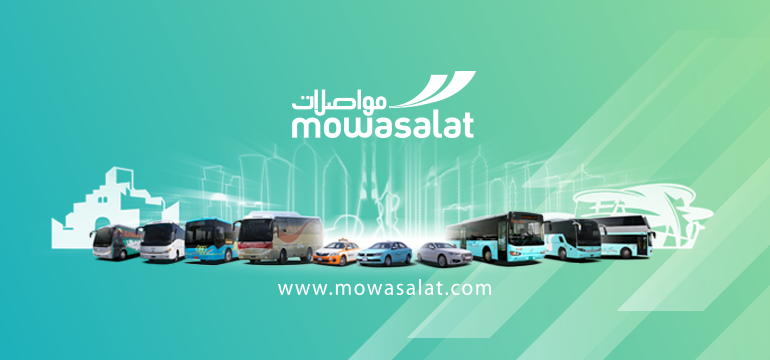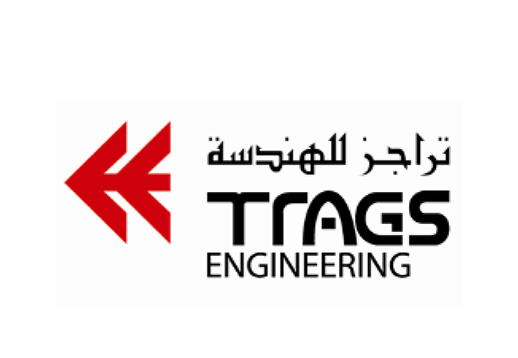HR Consulting
Manpower Recruitment
Recruitment Management
Overseas Manpower Recruitment Agency in Dubai UAE, offering end-to-end recruitment solutions to businesses across the Middle East. From sourcing top-tier global talent to ensuring compliance with local labor laws.
We specialize in permanent staffing, temporary hiring, executive search, and bulk recruitment for industries like IT, healthcare, engineering, and hospitality. Our tailored services save you time, reduce costs, and deliver the skilled professionals you need to drive growth.
Who we are
Why choose HR consulting
Services Company
description with skill requirements for the task.
Strategic Partners
Corporate Programs
Get intrigued about our service pricing? Learn More
our services
Deliver Outsourced
HR services
We offer to include employment services such as payroll and our priorities have always remained the same: to benefits administration, HR management, and assistance with a employer.

HR Consulting
We ensures you receive customized solutions that align with your business objectives.


Global Recruitment
At Mahad, we understand that every business has unique recruitment requirements.
Get the Human Resource Outsourcing Services. Book an appointment!
OUR APPROACH
We Choose a Human Resources
Compensation Consulting
Leadership Training
Corporated Programs



Client's Testimonial
What they talk
about us
Mahad Manpower’s local presence and efficient overseas manpower recruitment process have helped us secure top talent for every project.
We’ve relied on Mahad Manpower Recruitment Agency for years to source talent from India, Sri Lanka, and Nepal; they have always come up to our expectations.
Mahad Manpower made our recruitment from India, Africa, and the Philippines in Dubai seamless. Their ability to find top-quality candidates is unmatched.
FIFA World Cup – Qatar 2022

Accor

Zebrano Woodworkds LLC

Unigaz

TRAGS Engineering

